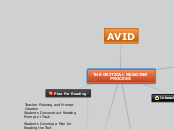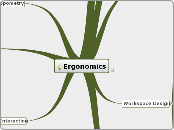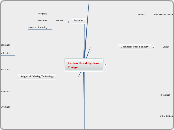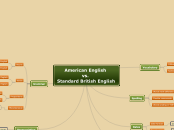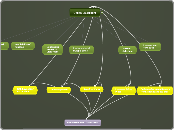par Tim Roach Il y a 9 années
2334
Critical Reading
Encouraging students to reflect in writing on how various strategies enhance their comprehension is vital. The process includes marking the text by circling key terms, names, places, and dates, underlining the author'
